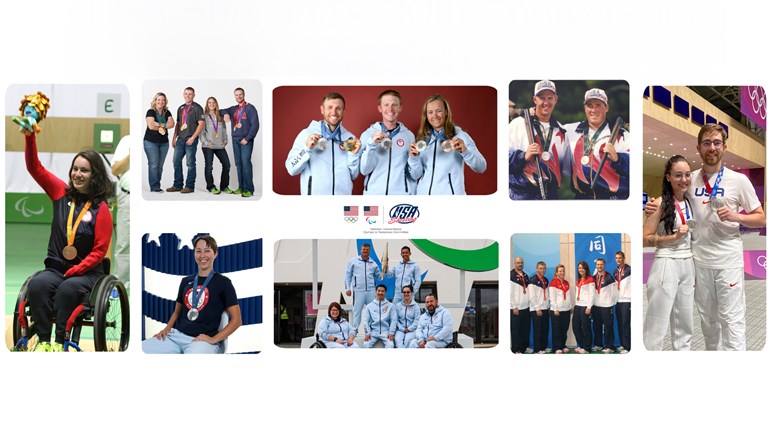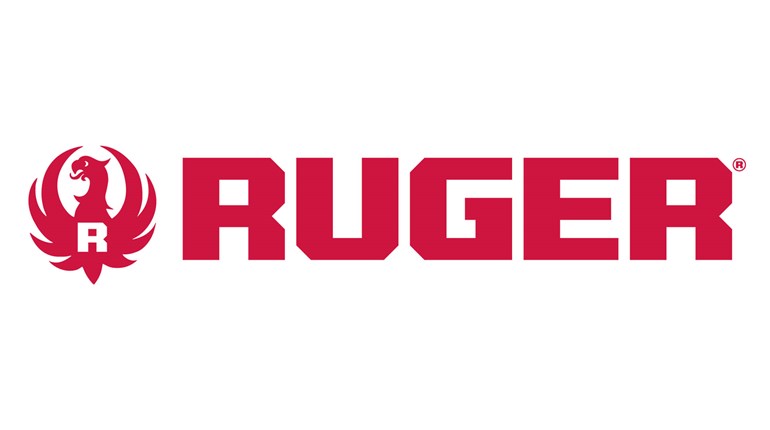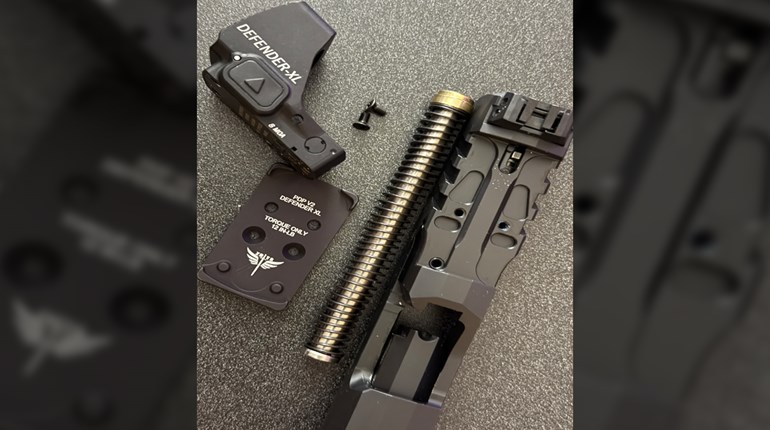
Japanese Prime Minister Shinzo Abe and International Olympic Committee (IOC) President Thomas Bach have agreed to postpone the Olympics until 2021. Originally scheduled for July 24 to August 9, the 2020 Games are by far the largest sporting event to be affected by the coronavirus pandemic.
This week as the coronavirus and Covid-19 disease continued to spread worldwide, resistance to the official IOC and Tokyo Organizing Committee stance of maintaining the schedule as planned grew. On Monday, Mar. 23 the Australian and Canadian Olympic Committees announced in separate statements they would not be sending athletes to Japan this year, following the U.S. Olympic Committee's pleas for postponement. Facing pressure from athletes and other stakeholders, officials reversed course with their previous public confidence in the Tokyo 2020 Olympics moving forward as scheduled.
After what must have been a difficult emergency coronavirus meeting on Tuesday, Mar. 24, the IOC and the Tokyo 2020 Organizing Committee released a joint statement officially pushing the games to next year.
"In the present circumstances and based on the information provided by the WHO today, the IOC President and the Prime Minister of Japan have concluded that the Games of the XXXII Olympiad in Tokyo must be rescheduled to a date beyond 2020 but not later than summer 2021, to safeguard the health of the athletes, everybody involved in the Olympic Games and the international community."
While there is finally some clarity regarding the 2020 Games (yes they are still calling it the Tokyo 2020 Olympic Games), the postponement of the Olympics presents a daunting challenge for athletes and organizers.
Uncharted Territory
The modern Olympic Games have never been rescheduled during peacetime. In 1916, 1940 and 1944, the Games were canceled because of WWI and WWII.
Postponing the Olympics presents a difficult task, one for more difficult than any other major sports organization has likely ever faced. The numbers involved are staggering—11,000 athletes from nearly every country in the world and 200,000 volunteers, along with millions of hotel rooms booked. Well over 4.5 million tickets to the Games have been sold, and Japan has already spent $12 billion building its Olympic infrastructure (42 venues for 46 different sports). And, Japan will incur additional costs to maintain all this for a delay that could end up lasting for 12 months or more. After factoring in the massive costs of building new venues and upgrading existing ones, plus new hotels and big-ticket transportation network improvements, it's likely that Japan has coughed up close to $25 billion to host the 2020 Olympics.
As for U.S. athletes, there are questions about whether the current lineup of Team USA will change. Some athletes may choose to retire instead of punishing their bodies for another year. Others may lack the financial resources to continue training for such an extended period, especially in the current economic climate.
There is a silver lining in all this sad news. USA Shooting, the national governing body for Olympic-level competitive shooting in the United States, made clear its plan to continue supporting athletes and coaches during the coronavirus crisis. A recent USA Shooting press release mentions preparing the team for 2021 and beyond, as well as the status of current Olympic team members that qualified over the past year.
"The USA Shooting Board and the Interim CEO, with support of the USAS Athlete Advisory Committee, agree that under this 2021 postponement scenario, those athletes who have qualified thus far for the Olympic Team will remain the Olympic qualified athletes that we will submit to the USOPC for approval."
"We are confident that our coaching staff and high-performance team will ensure that these athletes continue to train and showcase the world-class skills that earned them Olympic qualifying berths."
See more: Rapid Spread Of Coronavirus Affecting Tokyo 2020 Olympics


































